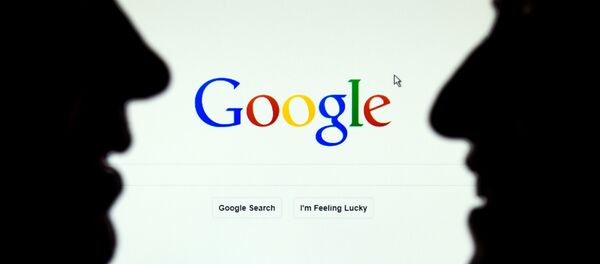Program guest, William H. Dutton is the Quello Professor of Media and Information Policy in the College of Communication Arts and Sciences at Michigan State University, where he serves as Director of the Quello Center, joins the program.
Professor Dutton points out that there are many kinds of news. There is partisan news, patriotic news which is used during conflicts, these can now be called "Fake News," so the term is rather abstract.
The discussion moves on to the description of methods used to try to control "Fake News," and Google News is discussed in this context. The issue is that when you employ somebody to check facts certain issues must be faced, such as who is doing the checking, what is the editorial policy, and bias used (there being no such thing as the "truth" in journalism at least, "truth" being a relative concept), what are "facts," when there are usually multiple sources of information which give different facts, and who makes the ultimate decision to go with one set of facts or another.
Professor Dutton talks about a survey he ran recently on the influence of the internet and he reports that he was surprised to find out that people interested in politics, for example, do usually refer to multiple sources. The host John Harrison challenges this and suggests that we usually only look at those sources which we are familiar with, despite the abundance of information available on the internet. Thus, the variety of different views accessed is, in fact, more limited than it used to be. To this, Professor Dutton says that some people will try to filter their own news, which is the idea of an "echo chamber," where people surround themselves with information that they want to know, but he thinks that this is less likely these days as internet searches are geared to topics, not individual political dispositions. This is even more the case on social media, Professor Dutton says, where people do not organize their media around their own political views unless they are quite extremely politically orientated.
The subject of "Fake News" being a distraction from something more sinister that is going on – that is when organizations, political parties, governments tailor making the news that people see on their social media according to their particular goals. This could be far worse than "Fake News," host John Harrison asks. Professor Dutton thinks that it is natural that the news that each person reads will be different because we are different people. But he thinks that there is, nevertheless, an accountability built into the ecology of news media today, because biased news is often challenged by people who are in the know, who might have been there, who have contradictory information.
The final topic brought up concerns the commercialisation of news media in general. If news organizations need to make a profit to survive, is it impossible for them to be completely objective? Therefore, it is impossible to control them unless they are taken over by a government, in which case they will be completely non-objective!? Professor Dutton replies that we should not panic over "Fake News," as this may lead to inappropriate actions. He states that he does not think it is a good idea for internet providers to try to edit what we see in any way, and governments should not try to introduce content regulations. "What we have already is already enough to reduce the influence of 'Fake News'."
Want to sound off and share what you think about this? Send us an email at radio@sputniknews.com or find us on Facebook!
Have you heard the news? Sign up to our Telegram channel and we'll keep you up to speed!

